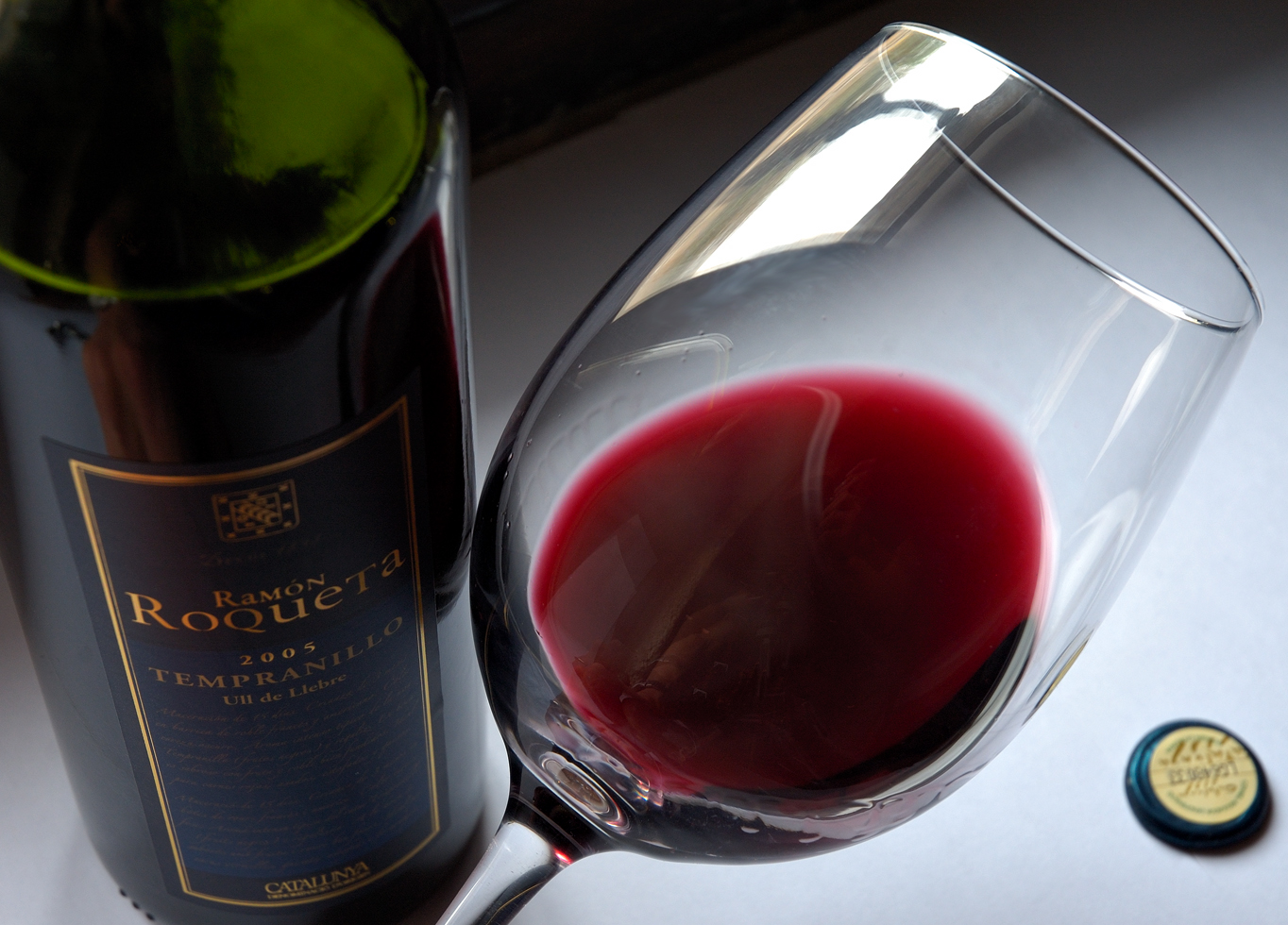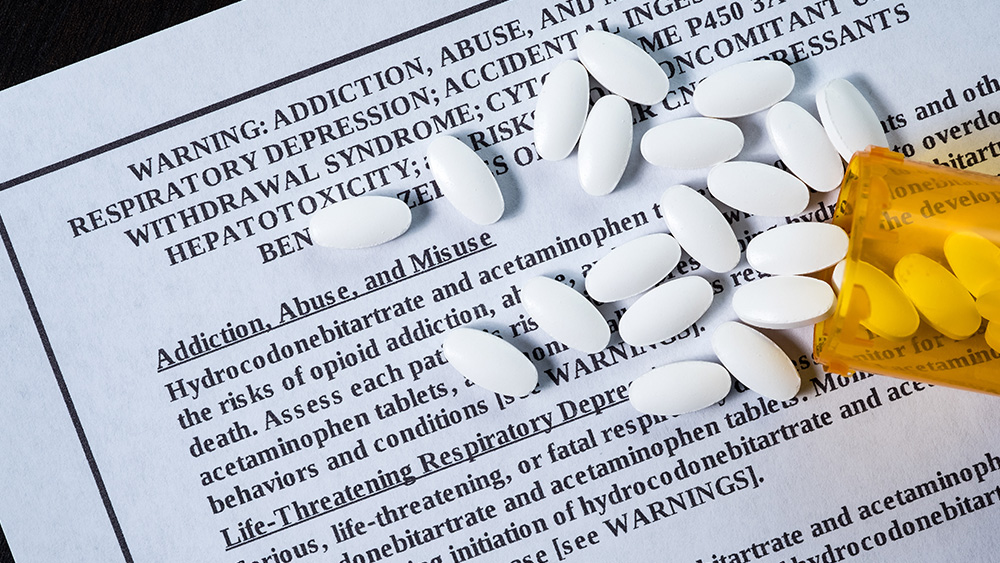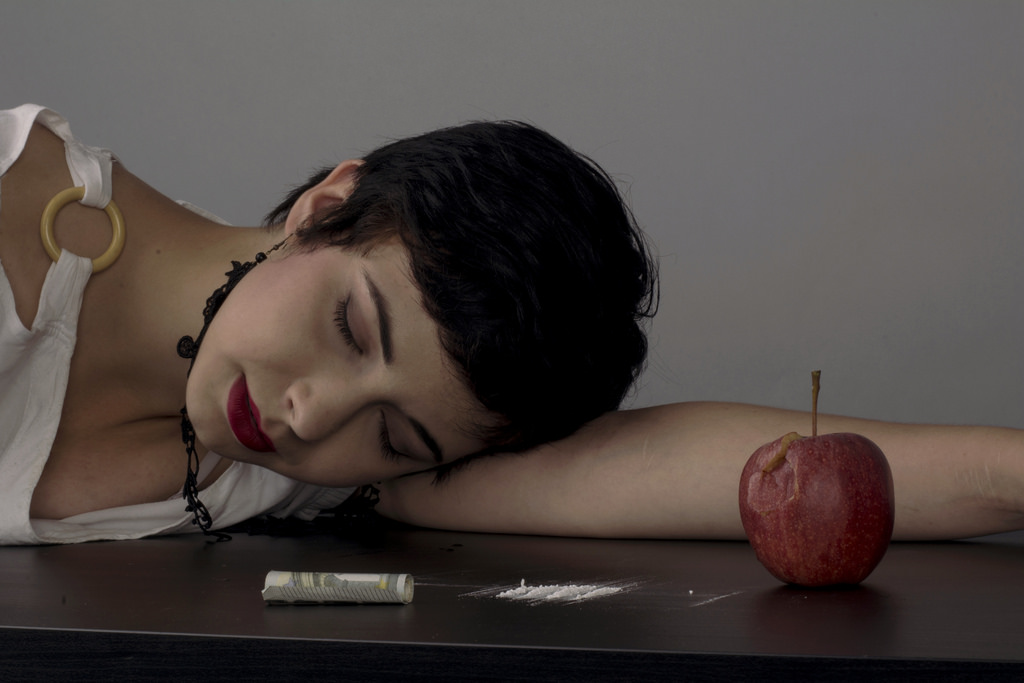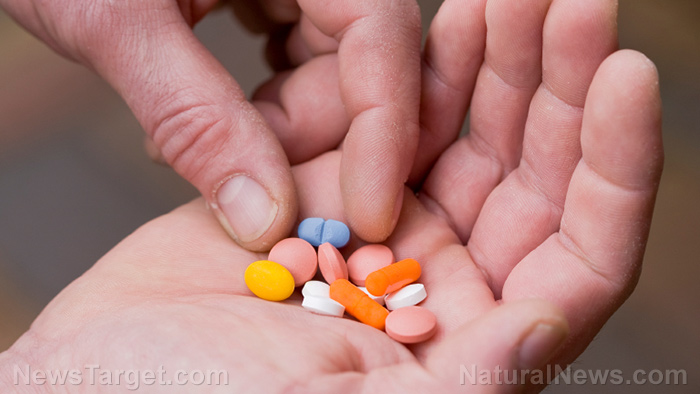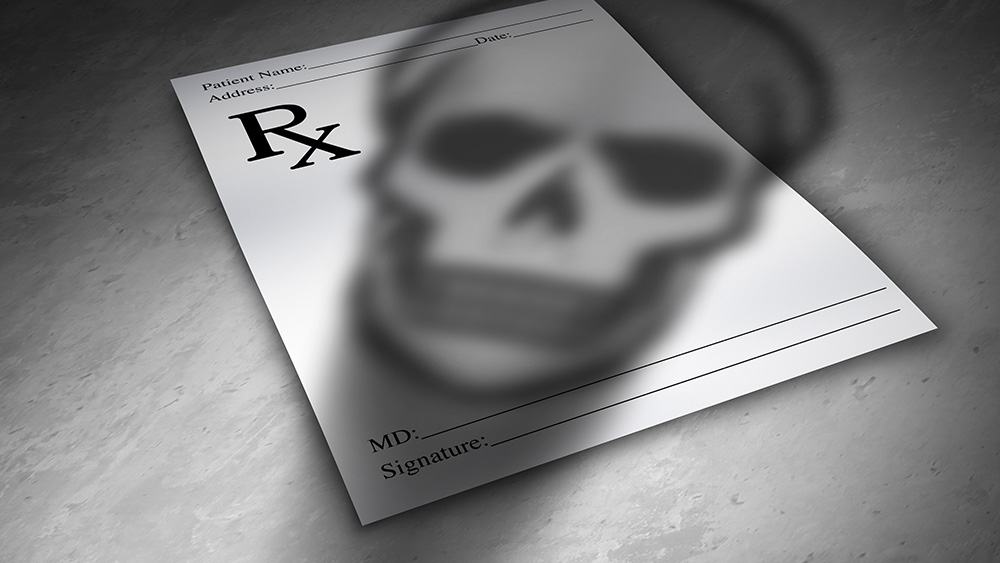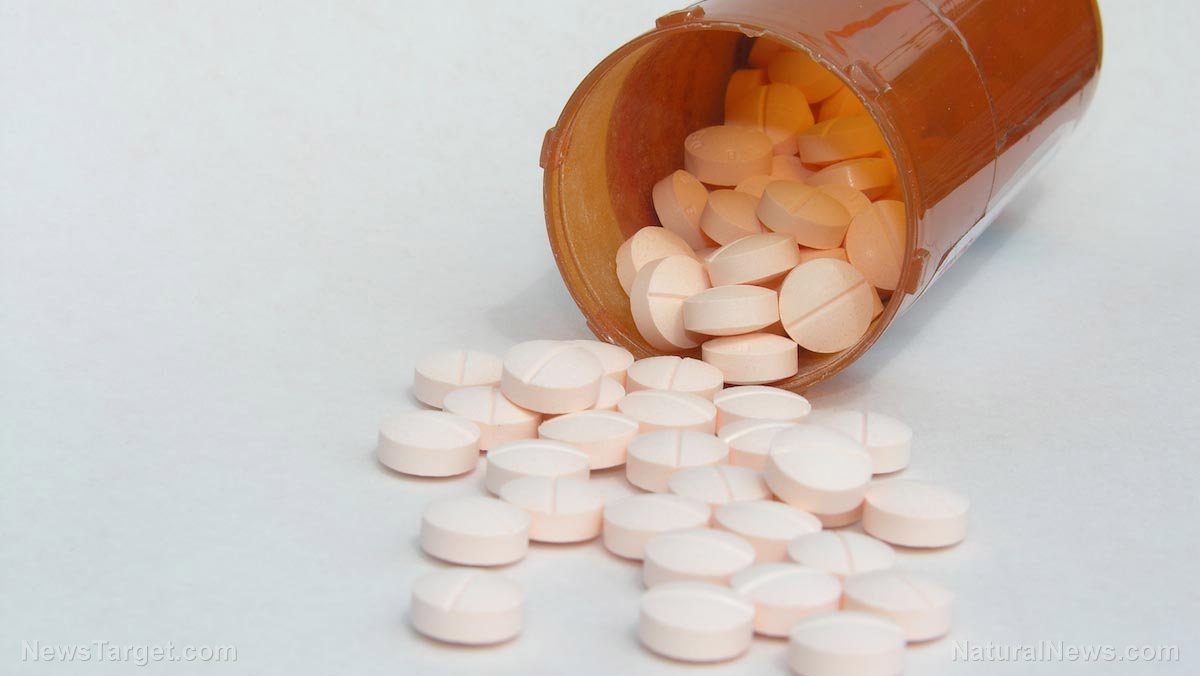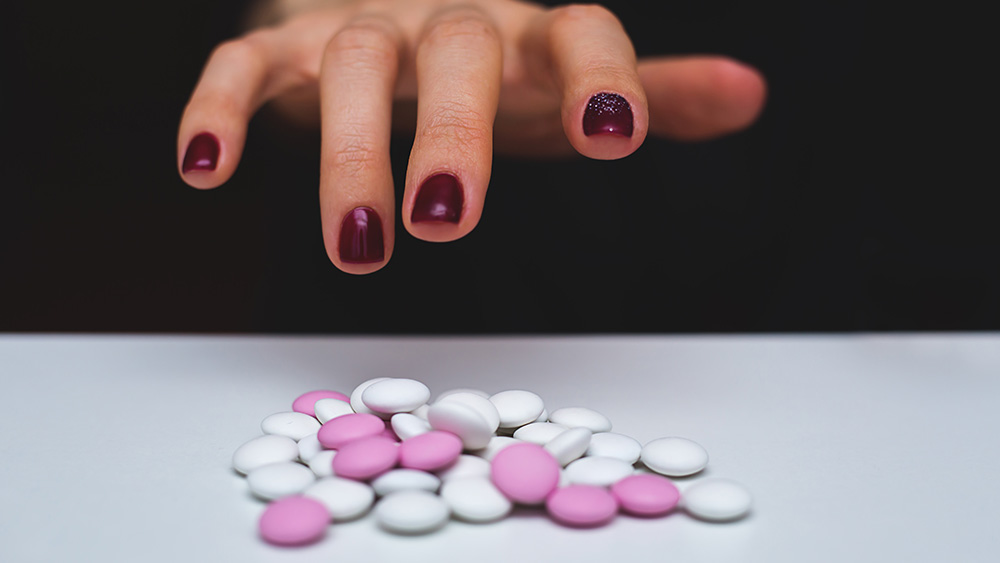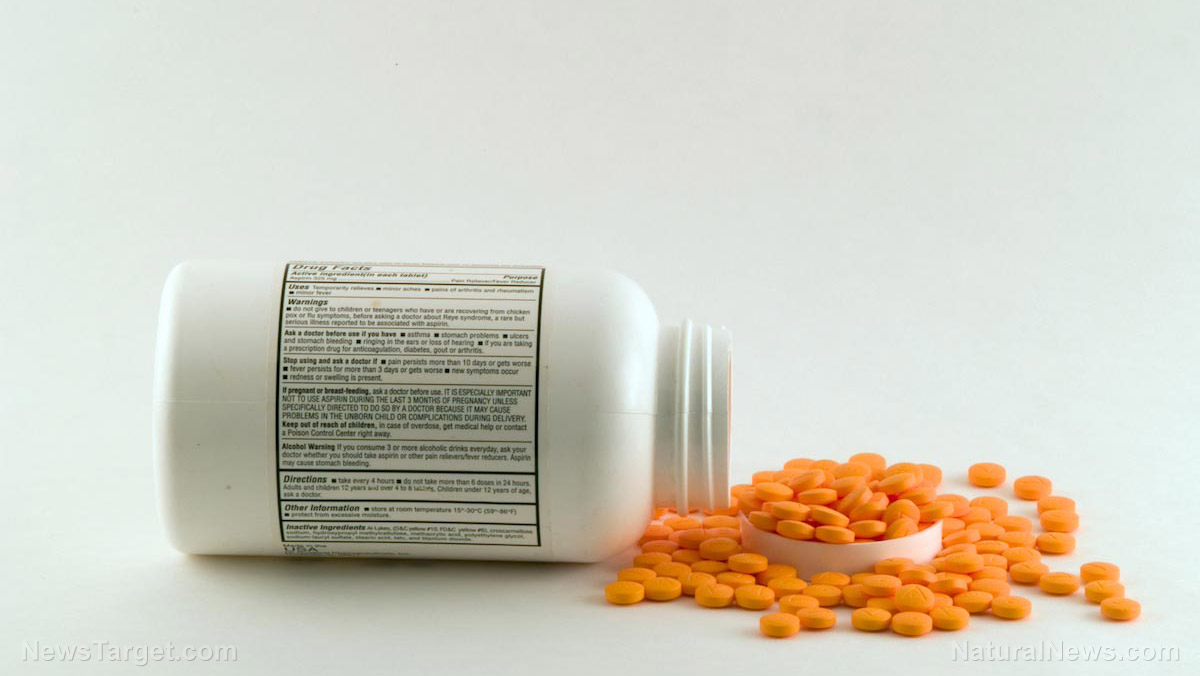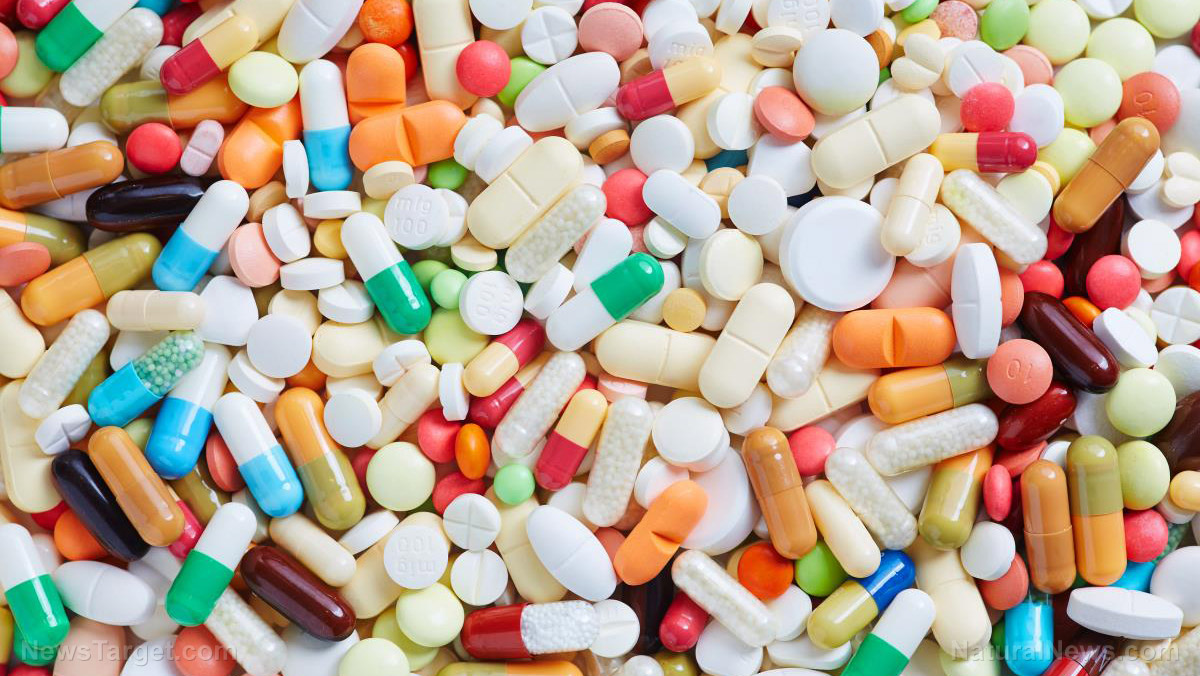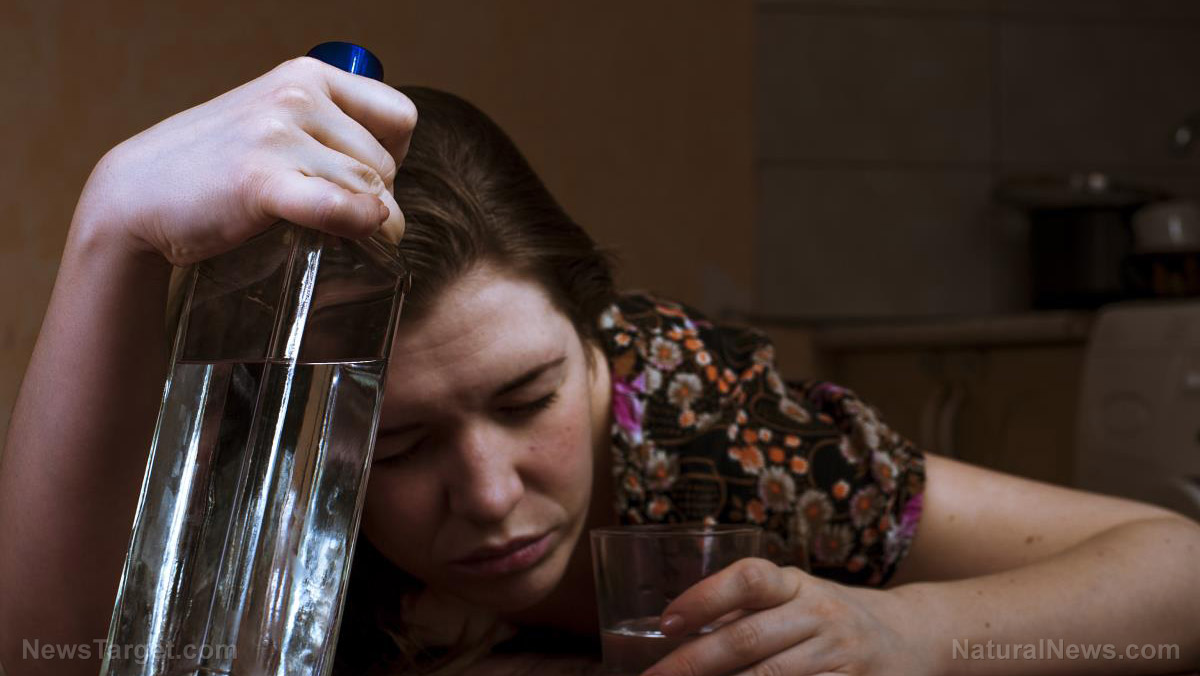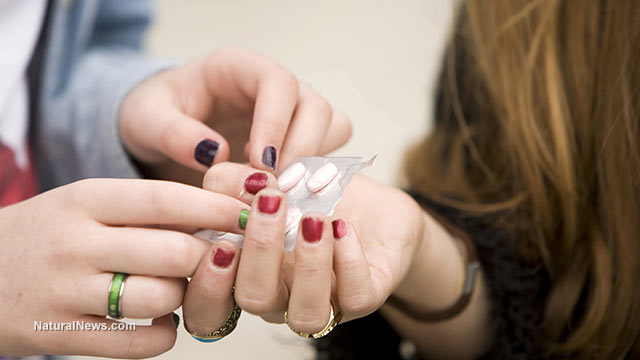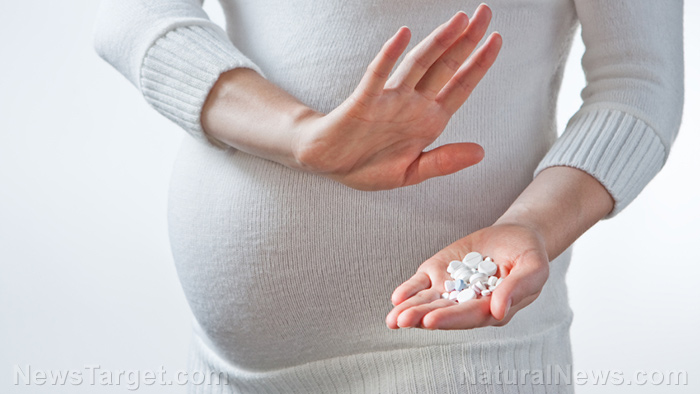“Wonder drug” for alcohol abuse disorders found to be completely ineffective after careful review
03/19/2018 / By Vicki Batts

Baclofen has been heralded by the pharmaceutical industry as a one-stop treatment for alcohol use disorders. The supposed “wonder drug” has even been called a cure for alcoholism. But no pharma cash cow should go without scrutiny — and it turns out that baclofen actually doesn’t stand up to the test.
While a number of studies reportedly showed that baclofen could be used successfully to treat alcoholism, more recent research has contradicted past findings. Most often, the measures used to determine the success of baclofen as a treatment are the number of drinks the patient had, or how many days of abstinence they were able to achieve.
As sources explain, there are a few different reasons why this might work: Baclofen may reduce the craving for alcohol, and it may also reduce feelings of depression or anxiety that contribute to drinking.
Of course, baclofen is a muscle relaxant — so the fact that it may cause these things really isn’t that surprising. But does that mean it actually cures alcoholism? Many people would say no; it’s more like swapping one drug for another. But the pharma industry doesn’t care about that, as long as they are making money. Ironically enough, Big Pharma has consistently blocked cannabis legislation to protect their precious opioids. If you’re addicted to their drugs, apparently that’s just fine and dandy.
Research confirms baclofen doesn’t work
At the University of Liverpool, researchers Dr. Abi Rose and Dr. Andy Jones conducted a meta-analysis of 12 clinical trials of the drug. Ultimately, they concluded that roughly eight people would need to be treated with baclofen for just one person to become totally abstinent.
Dr. Jones commented, “Our research highlights several issues with the existing body of trials. Many of the studies only recruited a limited number of patients, so maybe too small to find an effect.”
He went on to state, “This new meta-analysis shows that baclofen is no more effective than placebo on a range of key outcome measures, suggesting that the current increasing use of baclofen as a treatment for alcohol use disorders is premature.”
Who would have figured that a drug, designed in the 1970’s as an anti-spastic muscle relaxant, is probably not suitable for treating alcoholism?
It’s worth noting that according to RXList.com, people taking baclofen should avoid drinking alcohol — again, raising concerns as to why this drug was selected for such a wildly off-label use in the first place. Who gives a recovering alcoholic a drug that poses a safety risk if alcohol is consumed?
According to American Addiction Centers, baclofen users must be tapered off the drug for a period of at least one or two weeks, or else they will likely face serious withdrawal symptoms, including anxiety, confusion, psychosis and tachycardia (rapid heartbeat).
More, the organization notes that the drug works in recovering addicts by producing a “calming effect” which increases dopamine levels. Some call it a “baclofen high.” Purportedly, this action results in “lessening the craving for addictive substances.” One might question if baclofen is an addictive substance: It promotes the release of dopamine in the brain, and is known to cause debilitating withdrawals. Just like any other muscle relaxant, the potential for addiction and abuse is real, therefore many people are skeptical of baclofen’s use in treating addiction.
The pharmaceutical industry is always looking for new ways to make a buck — and re-purposing old drugs for something new is the most cost-effective way for them to increase their profits. Alcohol may be dangerous, but don’t let Big Pharma fool you into thinking something as complicated as addiction can be cured with a single pill.
Learn more about the medical industry’s scams at DangerousMedicine.com.
Sources for this article include:
Tagged Under: alcohol use disorders, alcoholism, bad medicine, Big Pharma, disease treatments

